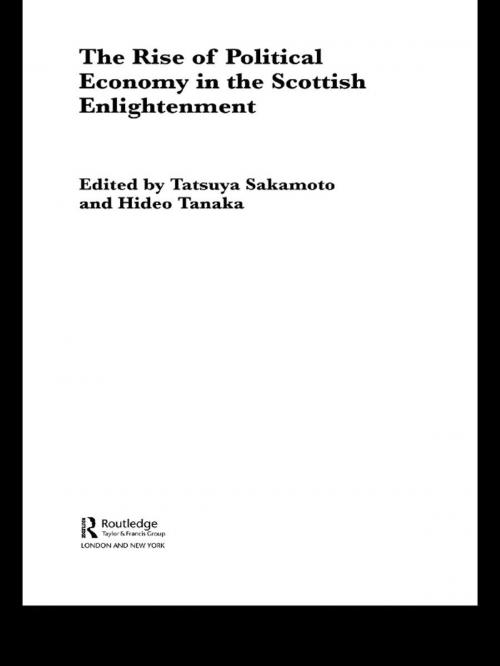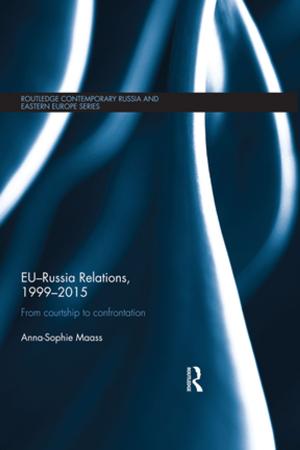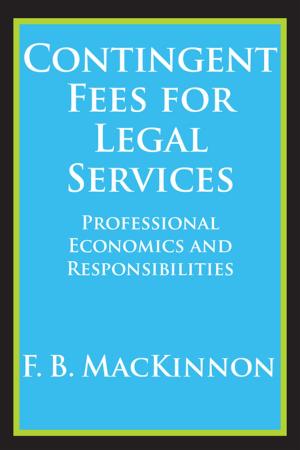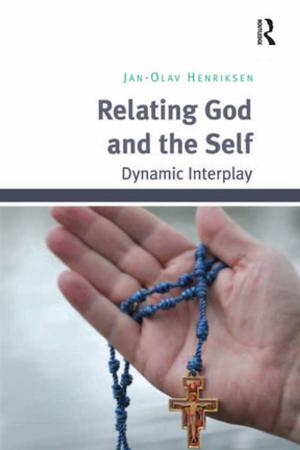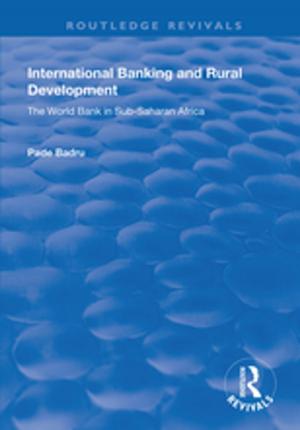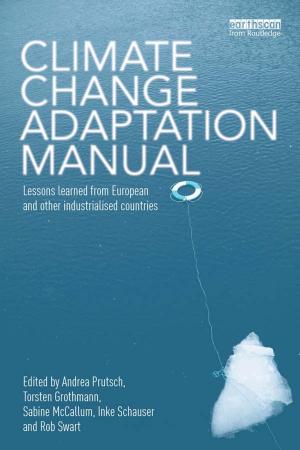The Rise of Political Economy in the Scottish Enlightenment
Business & Finance, Economics, Economic History| Author: | ISBN: | 9781134435500 | |
| Publisher: | Taylor and Francis | Publication: | June 27, 2005 |
| Imprint: | Routledge | Language: | English |
| Author: | |
| ISBN: | 9781134435500 |
| Publisher: | Taylor and Francis |
| Publication: | June 27, 2005 |
| Imprint: | Routledge |
| Language: | English |
This collection of essays provides a comprehensive view of the economic thought of the Scottish Enlightenment. Organized as a chronological account of the rise and progress of political economy in eighteenth century Scotland, each chapter discusses the way in which the moral and economic improvement of the Scottish nation became a common concern.
Contributors not only explore the economic discourses of David Hume, James Steuart and Adam Smith but also consider the neglected economic writings of Andrew Fletcher, Robert Wallace, Francis Hutcheson, William Robertson, John Millar and Dugald Stewart. This book addresses the question of how these economic writings interacted with the moral, political and historical arguments of the time and shows how contemporary issues related to the union with England, natural jurisprudence, classical republicanism and manners and civilization all contained an economic dimension. Key chapters include:
- The ancient modern controversy in the Scottish Enlightenment
- The 'Scottish Triangle' in the shaping of political economy: David Hume, Sir James Steuart and Adam Smith
- Civilization and history in Lord Kames and William Robertson
- Adam Smith in Japan
This view of the origin of economic science in Britain is markedly different from traditional accounts and will be of interest to economic, political and social historians.
This collection of essays provides a comprehensive view of the economic thought of the Scottish Enlightenment. Organized as a chronological account of the rise and progress of political economy in eighteenth century Scotland, each chapter discusses the way in which the moral and economic improvement of the Scottish nation became a common concern.
Contributors not only explore the economic discourses of David Hume, James Steuart and Adam Smith but also consider the neglected economic writings of Andrew Fletcher, Robert Wallace, Francis Hutcheson, William Robertson, John Millar and Dugald Stewart. This book addresses the question of how these economic writings interacted with the moral, political and historical arguments of the time and shows how contemporary issues related to the union with England, natural jurisprudence, classical republicanism and manners and civilization all contained an economic dimension. Key chapters include:
- The ancient modern controversy in the Scottish Enlightenment
- The 'Scottish Triangle' in the shaping of political economy: David Hume, Sir James Steuart and Adam Smith
- Civilization and history in Lord Kames and William Robertson
- Adam Smith in Japan
This view of the origin of economic science in Britain is markedly different from traditional accounts and will be of interest to economic, political and social historians.
